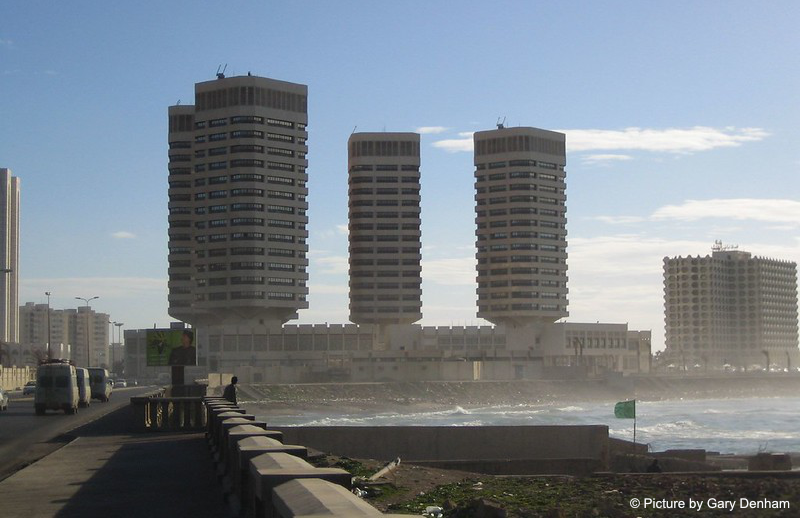Libya: balancing business opportunity and political risk
Date: Thursday 2 October | Location: Online Webinar | Time: 14:00 – 15:00 (UTC+1)
For more than a decade Libya has been in a seemingly endless political and security stalemate. Its main incumbent stakeholders — two rival governments (GNU and GNS); House of Representatives; High Council of State; Khalifa Haftar’s LAAF; and the patchwork of powerful militias — appear unwilling to compromise from their maximalist positions. Although regional and international players push for elections, some also continue to promote their own agenda.
However, Libya still has enormous potential for multinational companies. This is not only in the critically important oil and gas sector but also in other sectors including: infrastructure, power supply, transport, housing, health and education. It is therefore unsurprising that, despite the current political and security situation, there is rapidly growing interest in Libya’s undoubted business opportunities and the belief that now may be the right time to reconsider the market.
The webinar will analyse:
- The main stakeholders;
- The political and security stalemate;
- International relations;
- The oil sector and macro-economy;
- Business opportunities;
- Short and medium term scenarios.
Speakers
Alison Pargeter is an academic and consultant who specialises on the MENA region and has worked on Libya for more than 25 years, including over 15 with Menas Associates. She has held various academic posts including Senior Visiting Research Fellow at the Institute of Middle Eastern Studies at King’s College London. She has also held research posts at the Royal United Services Institute (RUSI), the Centre of International Studies at the University of Cambridge, and in the School of Social Science and Public Policy at King’s College London. She is widely published and her books include: Tribes and the State in Libya and Iraq; Return to the Shadows: The Muslim Brotherhood and An-Nahda after the Arab Spring; and Libya: The Rise and Fall of Gaddafi, among others. She has also authored many articles and book chapters including on Libya for a range of specialist and more general audiences. She also serves as an expert witness in the UK and internationally.
Prof Youssef Sawani is a leading Libyan academic and consultant whose 40 year career has bridged academia and policy. He has been a Professor at the University of Tripoli since 1985. His work focuses on: post-Qadhafi political dynamics; institutional and security sector reform; constitutional development; and broader pan-Arab politics. He is the author of Menas Associates’ weekly Libya Politics & Security. In addition, he is: a Non-Resident Senior Fellow at the International Centre for Dialogue Initiatives (NY); a member of the Lawyers for Justice in Libya’s (LIFJL) advisory board; and a Senior Fellow at the Institute for Research and Policy Integration in Africa (IRPIA). Youssef holds a PhD in Politics & International Relations from the University of Kent.
Dr Charles Gurdon is Menas Associates’ co-founder and managing director, and has worked on Libya and other countries for more than 45 years. During the 1980s he supervised research for Libya on: its border disputes with Tunisia, Malta and Chad; and arbitration cases on the IOCs withdrawal. For over 30 years he has also edited the monthly Libya Focus and, since 9/11, the weekly Libya Politics & Security reports. Since 1988 he has managed around 500 consultancy projects (as well as research and expert witnesses for arbitration cases), including over 50 bespoke ones on Libya for IOCs and other Menas clients. He has a BA, MSc and PhD from the University of London’s School of Oriental & African Studies (SOAS).

